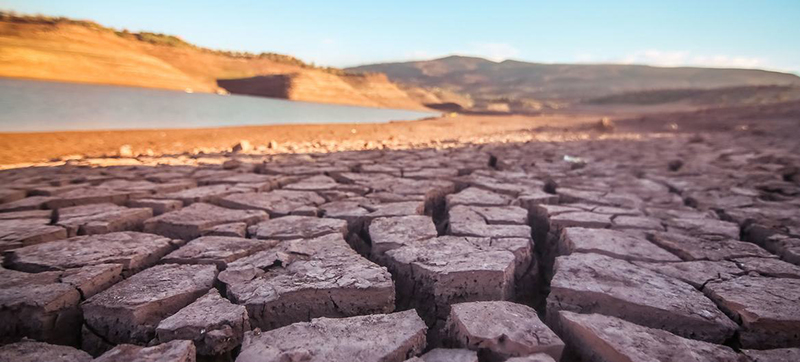 ElNino
ElNino
UN officials say swift action needed to tackle El Nino-induced extreme weather
Top UN officials called on Monday for swift action to combat the El Niño extreme weather events that are currently devastating southern Africa and other regions with flooding and drought.
The current El Niño event began in mid- to late 2023, causing the ocean’s temperature to rise, and its impact has already decimated farming in southern Africa, triggering crop shortfalls and rising commodity prices. At the same time, flooding in Kenya has affected 200,000 people and killed more than 100 people.
Around 40 to 50 million people are currently affected in 16 countries, said Reena Ghelani, the new Climate Crisis Coordinator for the El Niño/La Niña Response.
“These are the countries that are facing the climate crisis,” Ms. Ghelani told journalists at UN Headquarters, adding that adaptation efforts are key at a time when the UN Secretary-General released $54 million to “get ahead” of the situation and will soon announce more funding.
But, she warned, much more is needed, noting that a similar response plan had in the past cost $3 billion.
‘We can prevent this’
In addition, meteorologists have indicated a 60 to 80 per cent chance that a La Niña phenomenon will unfold later this year, bringing more rain to some regions and drought to others.
However, the changes would be extreme, and countries may not be able to recover and absorb this, Ms. Ghelani explained, adding that there are projections that the situation may get worse and affect communities around the world into next year.
“If we act now and act fast, the world will have not another major crisis on its hands,” she told journalists at UN Headquarters. “We can prevent this. We know what needs to be done, and we can do it now with timely action.”
Drought rippling across southern Africa
In southern Africa, severe drought has led to many countries declaring a state of emergency. Recalling a recent trip to the region, Ms. Ghelani said February was the hottest in a century.
“Action needs to happen now to support them,” she said.
For the longer-term, basic support that is required should centre on climate adaptation.
Time to step up action: FAO
Extreme weather is among the main drivers of food insecurity for 72 million people in 18 countries, said Beth Bechdol, Deputy Director-General of the Food and Agricultural Organization (FAO).
“These El Niño impacts are deepening around the world,” she said, pointing to findings in the recently released 2024 Global Report on Food Crises.
“It’s time to step up our collective efforts to make sure that anticipatory actions that support people at the most critical stage of when a crisis like this begins to take its toll is the most important approach that we can prioritise.”
That means helping farmers so they can protect their crops, fields and livestock as their sources of food supplies and nutrition are needed, especially in times of crisis.
Protecting communities from hunger
For its part, FAO is providing assistance, from cash transfers for helping farmers and fishers protect their holdings ahead of a massive storm to backyard garden kits for families to produce food at home.
Gains have been made in tackling El Niño-induced consequences around the world, including by developing drought-resistant crops, she said.
In Central America’s “dry corridor”, she said FAO efforts included the timely distribution of drought-tolerant and short-cycle crop seeds, which helped families produce vegetables and made “a significant impact”.
Ms. Bechdol said FAO has also been studying the longer-term costs to agriculture following major disasters.
Support Our Journalism
We cannot do without you.. your contribution supports unbiased journalism
IBNS is not driven by any ism- not wokeism, not racism, not skewed secularism, not hyper right-wing or left liberal ideals, nor by any hardline religious beliefs or hyper nationalism. We want to serve you good old objective news, as they are. We do not judge or preach. We let people decide for themselves. We only try to present factual and well-sourced news.






